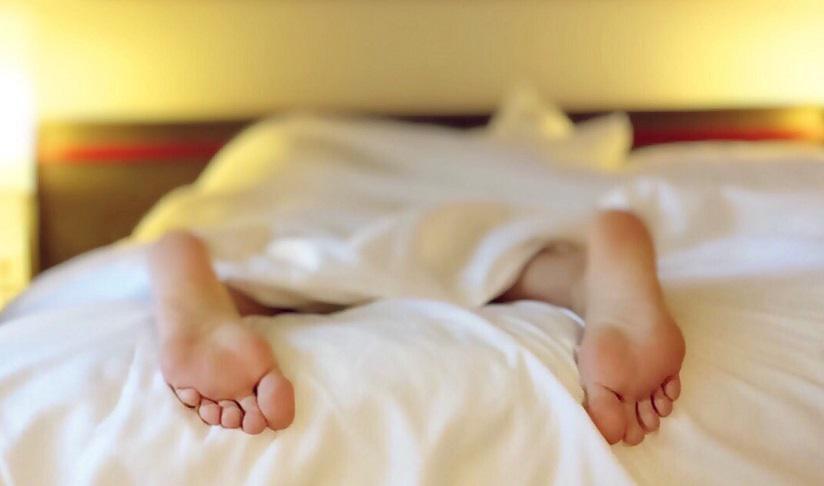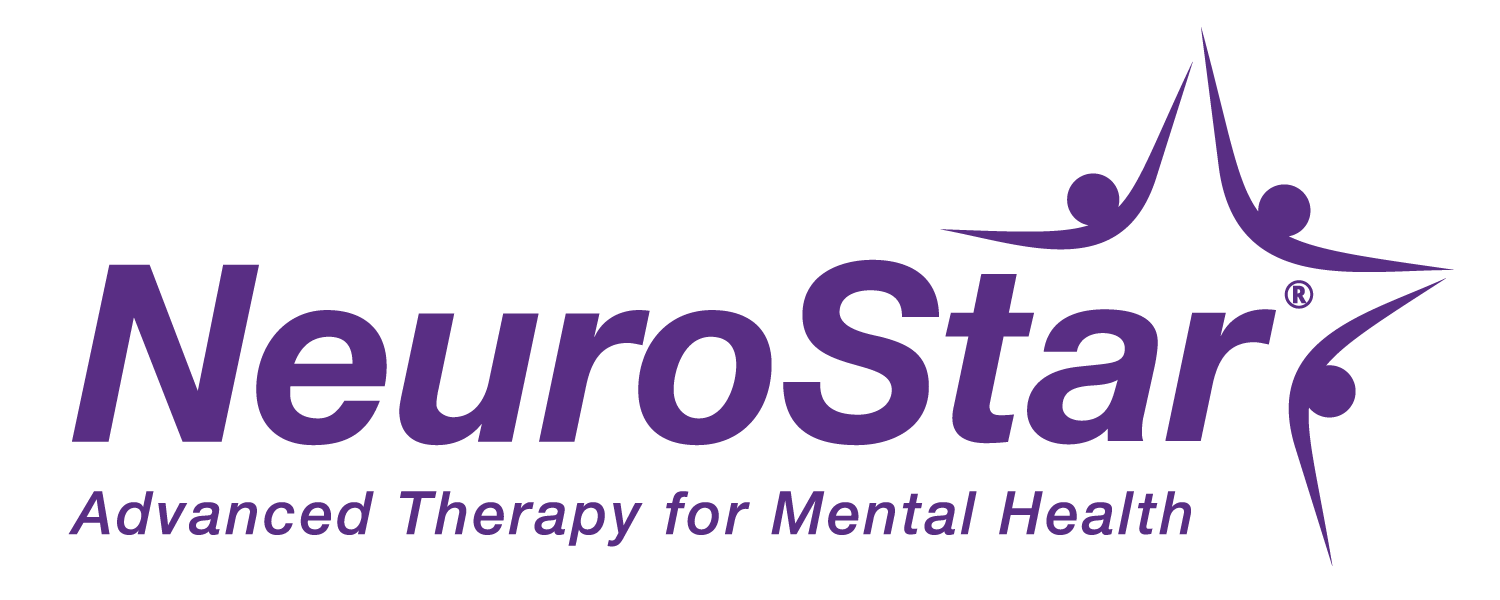Everyone experiences a sleepless night once in a while. From pressures at work or with family to chronic pain leading to constant discomfort, there are many reasons we toss and turn at night. Maybe you can’t stop thinking about what you wish you had said during an argument with a friend. Perhaps aching knees or a tender sciatic nerve prevent you from finding a pain-free position to fall asleep. For many people, from kids to adults, difficulty sleeping can be a combination of both.
Sleep issues can have a major impact on your physical and mental health. For kids, trouble sleeping can mean trouble in school, making friends or concentrating. With adults, specific health consequences come into play— sleep difficulty has been linked to obesity, heart disease, cognitive impairment and depression.
You deserve a good night’s sleep. Here are three ways that we sometimes unintentionally sabotage our own sleep and how to deal with them— number three might even surprise you!
#1 Bedtime is Not Snack Time
Western cultures are primed to eat dinner later at night than other societies, but eating foods with sugar, dairy and even tomatoes close to bedtime can be an insomnia-inducer. When possible, try to stop consuming caffeine-rich foods and drinks around two hours before bedtime. While that can help eliminate issues falling asleep, don’t just limit your changes to evening snacks. Your entire daily diet plays a role in sleep health. Eating the right balance of fruits, vegetables and whole grains while avoiding overly-processed foods can play a big role in helping you catch your Zs.
#2 Drain the Reserves
When you exercise for even as little as 30 minutes a day, you are expending energy that your body uses sleep to restore. If you lift weights, your body needs sleep even more, and the best and most effective way to build lean muscle is to let your body recover. Sleep is your natural recovery mode. If you’re losing out on sleep, make the effort to tire your body out. Begin with a simple, basic workout plan that you can do with your whole family. Be sure to start small— if you decide to run a marathon after only a month of training, you could burn out mentally and physically. In addition to getting in some quality strength training and cardio, explore restorative yoga poses at night. A restorative practice will allow your body to heal and help settle you into bed.
#3 Your Bedroom is Working Against You
Even though their primary purpose is for sleep, the typical Western bedroom is filled with distractions. From TVs and tablets to bright lights, rarely do our bedrooms cultivate a sense of sleepiness. If you think your bedroom is hindering your sleep, you can make some easy changes that will create a comfier experience. Switch out any bright lights for soft bulbs and point their glow away from the bed, or opt for soft, soothing flickers from candlelight. You can also purchase soft, cozy and breathable sheets, blankets and pillows for your bed. Speaking of your bed, if your current mattress isn’t providing enough support due to age, consider investing in a new one that meets your firmness and budget needs. There are plenty of affordable mattresses today with prices ranging from as low as $200 (really!) to a bit higher at $1,000 and even in between. When shopping around, keep your sleep style in mind, like whether you’re a side or stomach sleeper, to help determine the best choice.
It’s not uncommon for us to brush off sleep as a luxury that we sometimes simply can’t afford, but that attitude can have dangerous impacts on your health. From healthy brain function to bone and muscle growth, sleep is an essential part of our body’s recovery.
Guest post by:
Emily Graham


